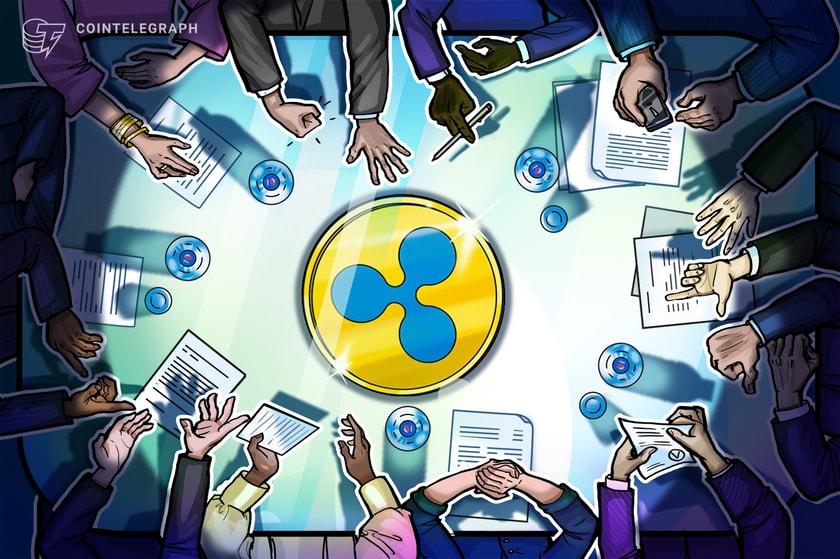The final quarter of 2020 saw the launch of a precedent-setting lawsuit by the United States Securities and Exchange Commission against Ripple Labs, CEO Bradley Garlinghouse and co-founder Christian A. Larsen. The allegation: raising north of $1 billion in 2013 through the unregistered sale of a purported security, XRP (XRP).
The implications of Ripple’s bold choice to challenge the lawsuit in court radiate far beyond the company. The judgment could become the Rosetta Stone for determining whether other cryptocurrencies are deemed securities. A Ripple victory could fuel a new era of acceptance, investment and confidence in digital assets.
Defeat, on the other hand, could hinder mainstream adoption, prompt the SEC to pursue similar cases, increase market volatility, and drain talent from the United States.
Related: SEC charges against Binance and Coinbase are terrible for DeFi
The timing of this potential landmark decision dovetails with a season of intense scrutiny by the SEC under the leadership of Chairman Gary Gensler.
Ripple and XRP in the eye of the storm
Ripple, the payment company behind XRP, introduced the cryptocurrency token in 2013. Designed to facilitate fast, low-cost cross-border transactions, XRP stands as a potential replacement for the existing SWIFT system.
Ripple has entrenched its value in the financial landscape by establishing partnerships with top-tier institutions, such as American Express, Santander and MoneyGram, and processed transactions exceeding $10 billion in 2021 alone.
The SEC’s allegation revolves around Ripple’s purported unregistered sale of XRP, an investment contract or “security” by their definition. Ripple’s defense, however, asserts that XRP doesn’t pass the Howey test — the measure of an investment contract — and, therefore, cannot be considered a security.
The court case, then, hinges on this perennial question: Is XRP a security?
All eyes on the Hinman documents
The turbulent dispute between the SEC and Ripple is expected to conclude in September. Before then, the Ripple community’s attention will be on June 13, when the Hinman materials are unsealed, which could have a significant implication on the verdict.
The emails wont change the Howey analysis but they will likely show the difficulty in applying 1930s/40s precedent to modern day technology. The emails will likely help @coinbase and @ripple in the Court of Public Opinion and hopefully drive bipartisan efforts in Congress.
Click Here to Read the Full Original Article at Cointelegraph.com News…
